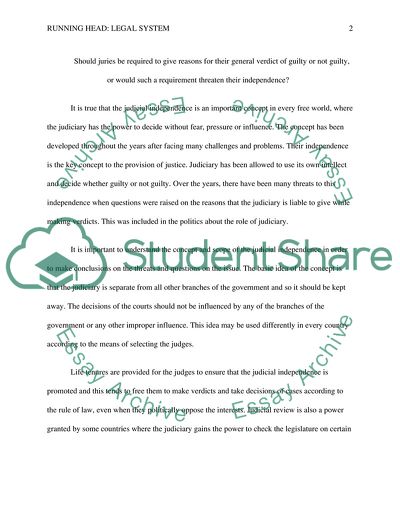Cite this document
(Legal System Essay Example | Topics and Well Written Essays - 2000 words, n.d.)
Legal System Essay Example | Topics and Well Written Essays - 2000 words. https://studentshare.org/law/1792339-legal-systems-and-methods
Legal System Essay Example | Topics and Well Written Essays - 2000 words. https://studentshare.org/law/1792339-legal-systems-and-methods
(Legal System Essay Example | Topics and Well Written Essays - 2000 Words)
Legal System Essay Example | Topics and Well Written Essays - 2000 Words. https://studentshare.org/law/1792339-legal-systems-and-methods.
Legal System Essay Example | Topics and Well Written Essays - 2000 Words. https://studentshare.org/law/1792339-legal-systems-and-methods.
“Legal System Essay Example | Topics and Well Written Essays - 2000 Words”. https://studentshare.org/law/1792339-legal-systems-and-methods.


